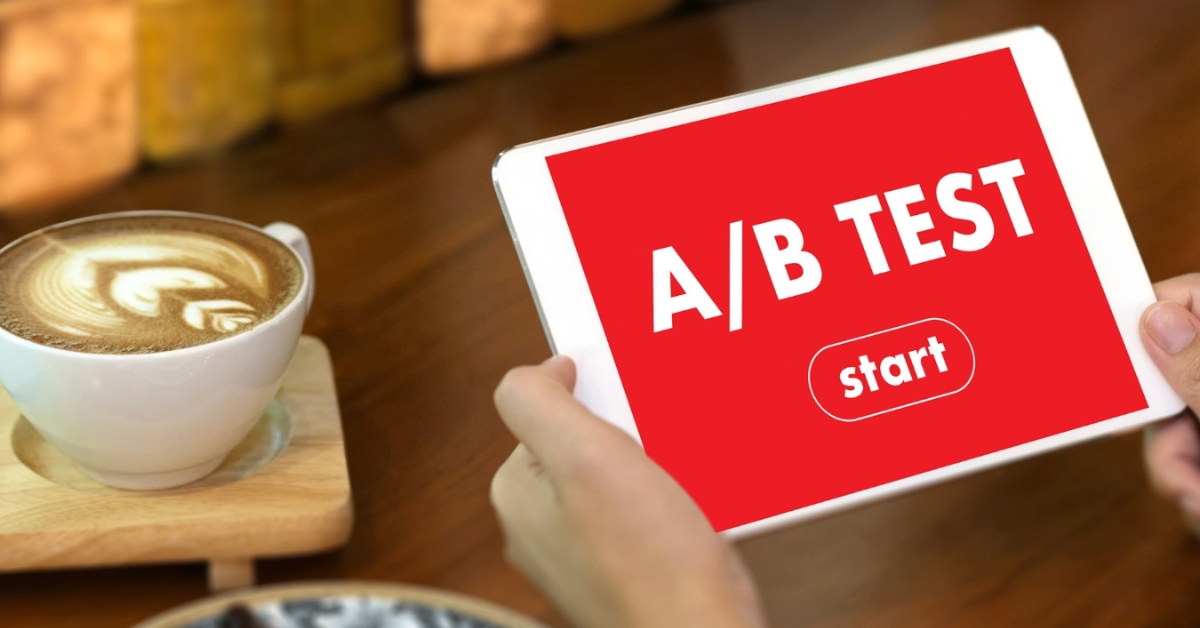A Step-by-Step Guide to Conducting A/B Testing for Campaigns

In the world of digital marketing, making data-driven decisions is essential for the success of your campaigns. One of the most potent methods to optimize your marketing efforts is A/B testing. A/B testing allows marketers to compare two versions of a campaign element (such as a webpage, email, or advertisement) to determine which performs better. By systematically testing different variables, you can make informed decisions that enhance engagement, increase conversion rates, and improve ROI. Here’s a step-by-step guide to conducting effective A/B testing for your campaigns.
Before diving into the testing process, it is essential to define your objective. What do you want to achieve from the A/B test? Do you want to increase click-through rates (CTR), conversion rates, or email open rates? Having a clear goal ensures you measure the right metrics and focus your testing on areas with the most impact.
For example, if you’re testing a landing page, your goal might be to increase form submissions. If you’re testing an email campaign, the goal could be to boost the open rate. Defining this goal upfront will help guide your test and interpret the results effectively.
Next, select the element of your campaign you want to test. The possibilities are endless, but the most common A/B testing elements include:
Focus on testing one element simultaneously to ensure clear and actionable results. Testing multiple variables simultaneously can lead to confusing results.
Once you’ve chosen the element to test, create two versions—A and B. Version A is typically your control group, the existing version of the campaign element. Version B is the variation, which contains the change you want to test. For instance, if you’re testing a CTA button, Version A might have the original text “Sign Up Now,” while Version B might say “Get Started Today.”
The only difference between the two versions must be the element you’re testing. This way, performance differences can be attributed to that change rather than other factors.
You must divide your audience evenly between the two versions to ensure the results are statistically valid. For example, 50% of your visitors or email recipients should see Version A, and 50% should see Version B. To avoid bias, ensure each version’s audience is randomly assigned. A/B testing tools like Google Optimize, Optimizely, or VWO can help automate splitting and tracking your audience.
Once the test is live, monitor both versions over a predetermined period. Don’t rush this step—ensure the test runs long enough to collect a statistically significant sample size. Depending on the campaign’s traffic volume, this might take several days to seek.
Track key performance indicators (KPIs) that align with your goals. For example:
Avoid making decisions too quickly; wait until you have enough data to conclude that one version outperforms the other.
After running the test, it’s time to analyze the data. Which version performed better? Look at your KPIs and evaluate the statistical significance of the results. You can use A/B testing tools that automatically calculate statistical significance or run calculations manually to ensure reliable results.
If Version B outperforms Version A, you’ve found a winning variation. If the results are inconclusive or Version A performs better, your hypothesis may not be correct, and it’s back to the drawing board.
Once you have identified the winning version, it’s time to implement it. Apply the changes to your campaign and continue testing other elements to optimize your marketing efforts further. A/B testing should be ongoing, and your campaigns should be continually refined to achieve the best results.
A/B testing is essential for optimizing campaigns and maximizing marketing budgets. By following a structured approach, you can make data-driven decisions that improve engagement, conversions, and ROI.
#ABTesting #MarketingOptimization #DataDrivenDecisions #CampaignTesting #DigitalMarketing #GrowthMarketing #ConversionOptimization #BusinessStrategy
Company: PAY2ASSIST DYNAMICS CONSULTANCY - FZCO
Office Location
IFZA Business Park,
DDP 38579-001
A1-3641379065,
Dubai Silicon Oasis
Phone: +971 55 395 3714
Follow Us
Registered Office Address
